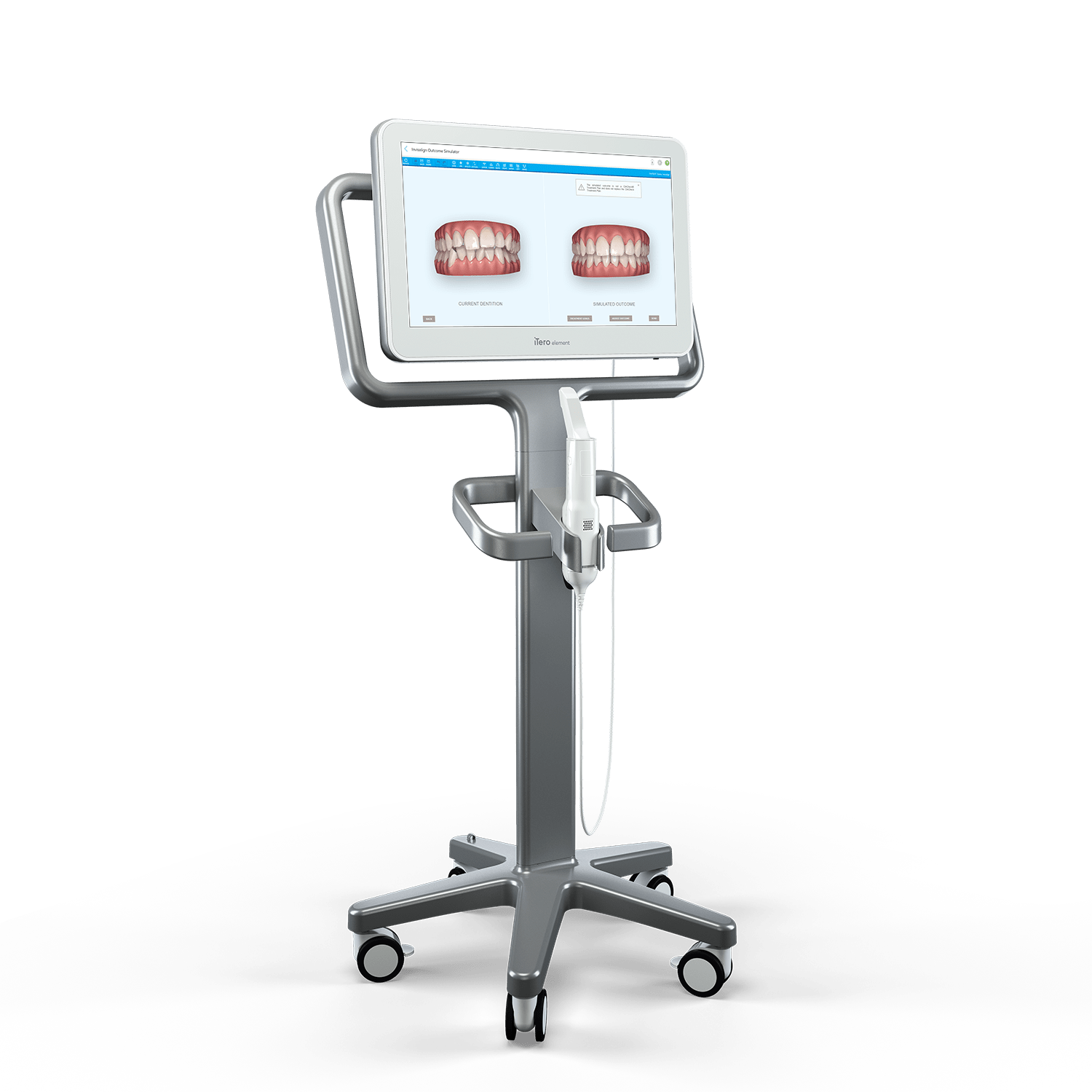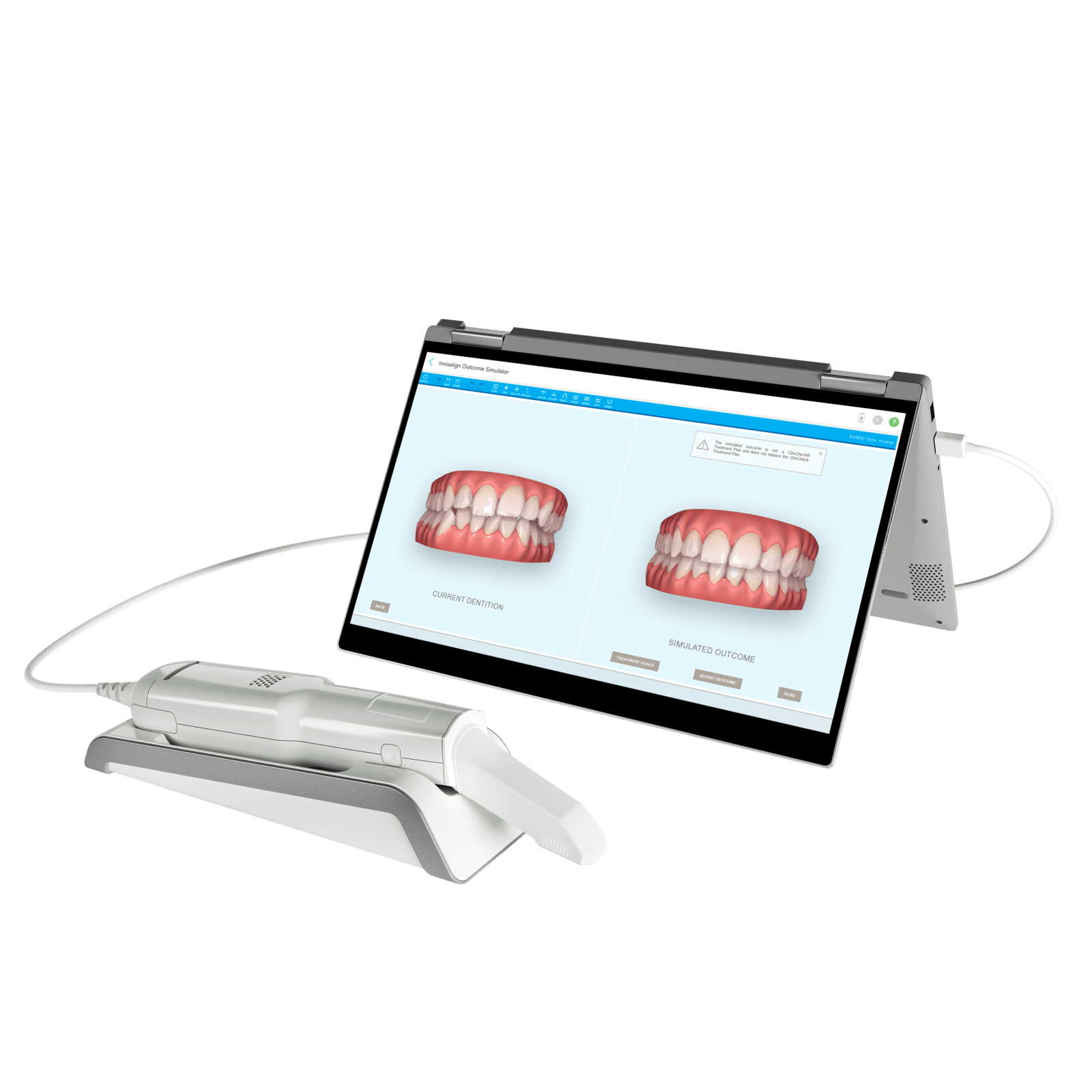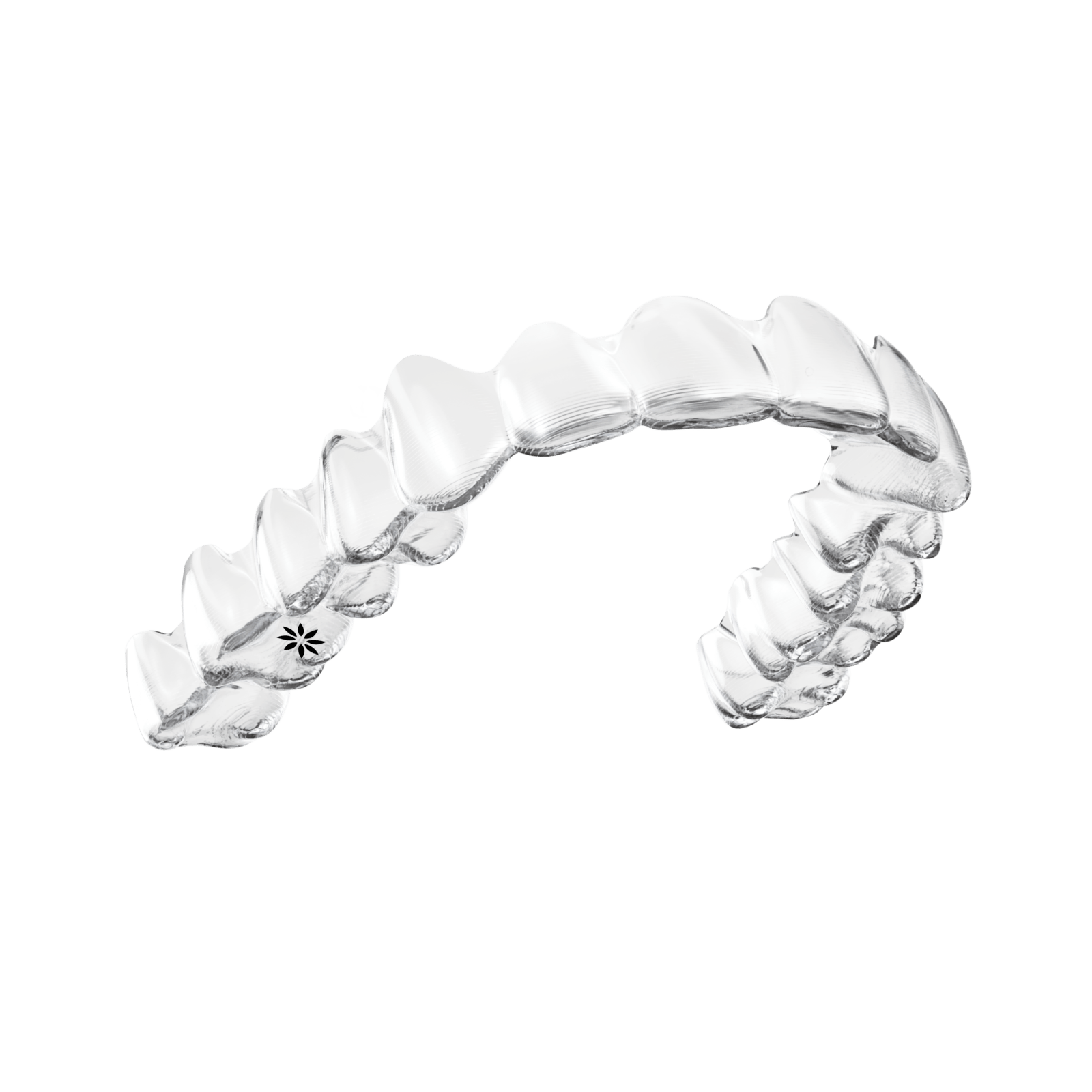Lingual Braces Peterborough
Peterborough' Leading Orthodontic Practice
Why Peterborough Dental Hub?
▶ Our large size gives our team access to the best discounts, and most competitive prices from world leading brands.
▶ We offer patients a real 7 day a week service with access to some of the most experienced Specialists and clinicians available.
▶ We offer a 24/7 Emergency phone line, so you will never be without help.
▶ We offer our service in the most luxurious of settings.
▶ Unlike most other providers, our Orthodontists are real Specialists, and they work in close partnership with our Cosmetic, Surgical and Hygiene Team.
▶ Our patients have access to World Leading technology including Low Dose Xray Machines, CB CT scanning, and iTero Digital Scanning.
▶ If you decide against Lingual Braces, we can still offer you the full range of treatment, including Invisalign (with our Platinum Rated
provider available 7 days a week).
It's never too late to get the Smile you’ve always wanted.
Why Lingual Braces?
Patients love their Lingual Braces because the treatment is hidden and discrete.
Specialist Orthodontists love the system because they have the freedom to move the teeth
like conventional braces.
The brackets attach to the back of the teeth which are more resistant to decay.
The important aesthetic part of the tooth (the front) is left untouched.
What Are They?
Quite simply, these are fixed ‘braces’ placed behind the teeth.
Bespoke brackets, designed
to fit the back of the teeth perfectly, hold the braces in place.
Can any malalignment be corrected with lingual orthodontics?
Yes.
Whereas removable appliances allow only simple, minor tooth movements, extreme malalignments can be corrected with hidden lingual orthodontics, which is not necessarily the case when compared with the removable Invisalign system.
Invisalign certainly struggles
to align rotated and spaced teeth.
What is the age limit for Lingual Orthodontics?
There is no limit, provided the periodontal tissues are fundamentally intact, i.e. the teeth are still relatively firmly fixed in the bone.
It is quite common to believe that braces are only suitable for children and adolescents.
People tend to think “It’s too late for me anyway”, but they are often mistaken.
Even patients in their sixties can be treated effectively with fixed lingual appliances.
Why Lingual Braces over Invisalign?
Lingual Braces are only used by top Orthodontists.
To master, it requires extensive training and experience.
The full range of tooth movements can be completed by Lingual Braces, unlike Invisalign systems.
The speed of treatment is no different from other techniques but has the benefit of being totally discrete.
Orthodontic Consultation Only £25.00
Treatment | Guide Fee | Average Fee |
Metal Braces for one arch | From £2000 | £2500 |
Metal Braces for two arches | From £2500 | £3000 |
Tooth Coloured Clarity Braces for one arch | From £3000 | £3500 |
Tooth Coloured Clarity Braces for two arches | From £3000 | £3500 |
Invisalign | Invisible Aligners | From £2850 | £3500 |
| Incognito Braces (Lingual) 1 arch | From £4000 | £4150 |
| Incognito Braces (Lingual) 2 arches | From £5000 | £6500 |
| Bonded Retainers per arch | £200 Each | £200 Each |
| Removable Retainers per arch | £200 Each | £200 Each |
0% Finance Available
Patients expect to have a clear idea of dental charges, and we believe that it’s not only reasonable, but it makes great sense to us too. Patients who feel they can trust the dentist are more likely to have their dental care.
Treatment Procedure
All our patients receive a written itemised treatment plan
Prices do vary as every patient is different BUT you will pay exactly what is on your treatment plan
Nobody beats our 365 days a year Dental Charges
We offer monthly payment plans and 0% Finance (terms apply)
It really depends on how much work there is to do and how far your teeth need to be moved.
Fixed braces – usually take between 12 and 24 months, but could take longer if the problem is severe.
Removable braces – usually take less time than a fixed brace. However, you might need to wear a removable brace before and after you have finished your treatment with a fixed brace.
Your dentist or orthodontist will be able to give you advice about your brace and teeth. If you don’t do what they say, the brace can take longer to work and the treatment may be unsuccessful. If your brace is damaged or broken this can also delay the treatment.
You will need to have your brace adjusted regularly to make sure it is working properly. Usually you will have an appointment roughly every six to eight weeks. It is extremely important that you go to these appointments otherwise the brace will take a lot longer to work
Your mouth is very sensitive to change and it will take you a few days to get used to wearing your brace. At first, your teeth may feel uncomfortable because of the pressure put onto them by the brace. It may also feel uncomfortable and tight against your teeth after it has been adjusted. Painkillers like ibuprofen can help. Some parts of the brace may also cause discomfort to your gums and lips, causing sore spots. Your dentist or orthodontist can give you clear wax to place over the part of the brace that is causing discomfort. However, if after a few days any part of your brace is causing continual soreness, you should go back to your dentist or orthodontist.
Sometimes when a brace is fitted, it may affect your speech and cause problems in pronouncing certain words. Lisping may also be a problem at first, but most people soon adapt and quickly begin to speak clearly within a few days.
Nail biting and chewing you pen or pencil can damage or break your brace.
If you have a removable brace then it is best to take it out and put it in a brace case. You can buy these from your dentist, or from most large chemists. If you do remove your brace, it is important to use a mouthguard and then put your brace back in as soon as possible. It is also best to take your brace out if you are swimming. If you have a fixed brace you should wear a special mouthguard for use during contact sports over the brace. Your dentist will be able to make you one.
Braces may affect playing wind instruments, although with practice you should get used to it. If your brace is removable then it is best to remove it and store it safely in a brace case. Put it back in straight after you have finished playing.
Eating the wrong foods can damage or even break your brace. For the first few days, it may be better to keep to soft foods.
Whether you have a removable or a fixed brace you should avoid sticky, chewy and sugary foods. Chewing-gum is not recommended as it can stick to your brace. Avoid hard foods such as whole apples, carrots, French bread and crusty rolls. These foods could break the orthodontic wires and brackets.
At first it is best to cut your food into small pieces and keep to a soft diet. Food may build up in the brackets and in between your teeth and will need careful cleaning to remove it.
Avoid fizzy drinks and natural fruit juices as these are often high in sugar and can be acidic. This can lead to tooth decay and erosion. Fizzy drinks can also stain the orthodontic brackets. If you do drink fizzy drinks, avoid constant sipping of the drink and use a straw. Water and plain milk are the safest drinks.


